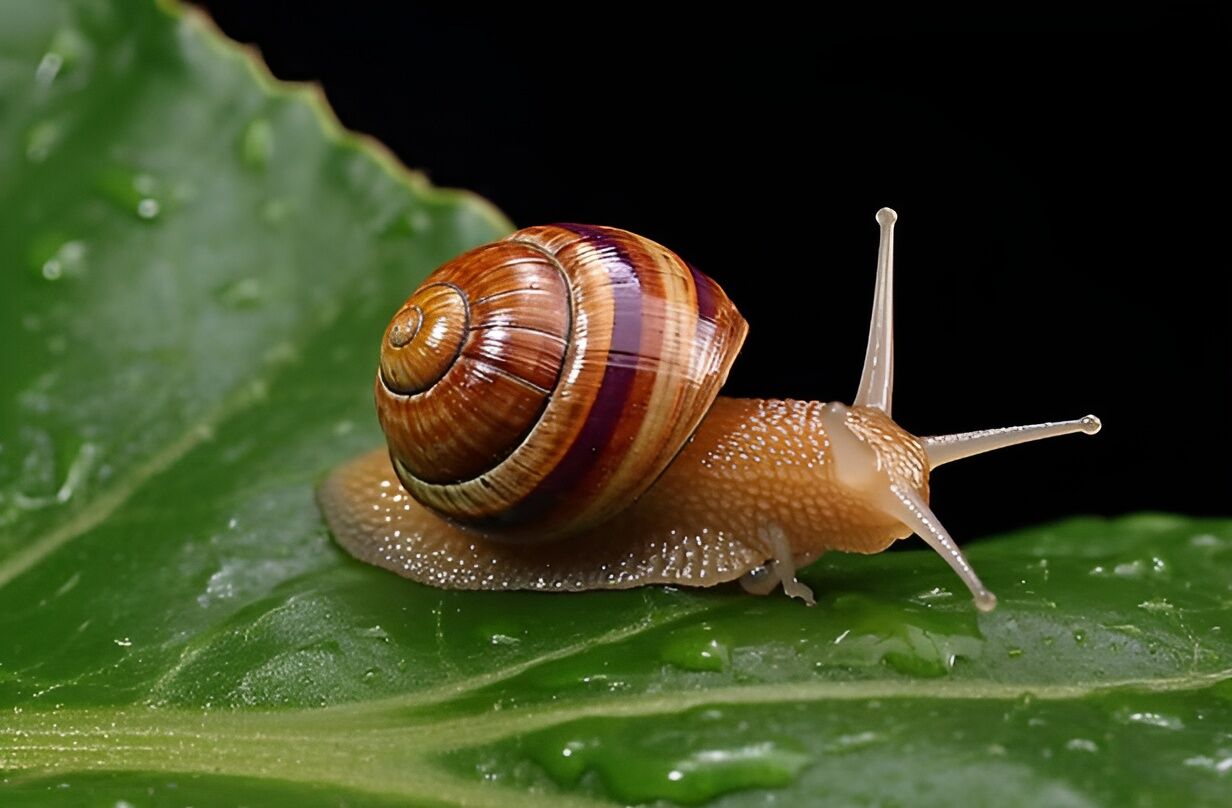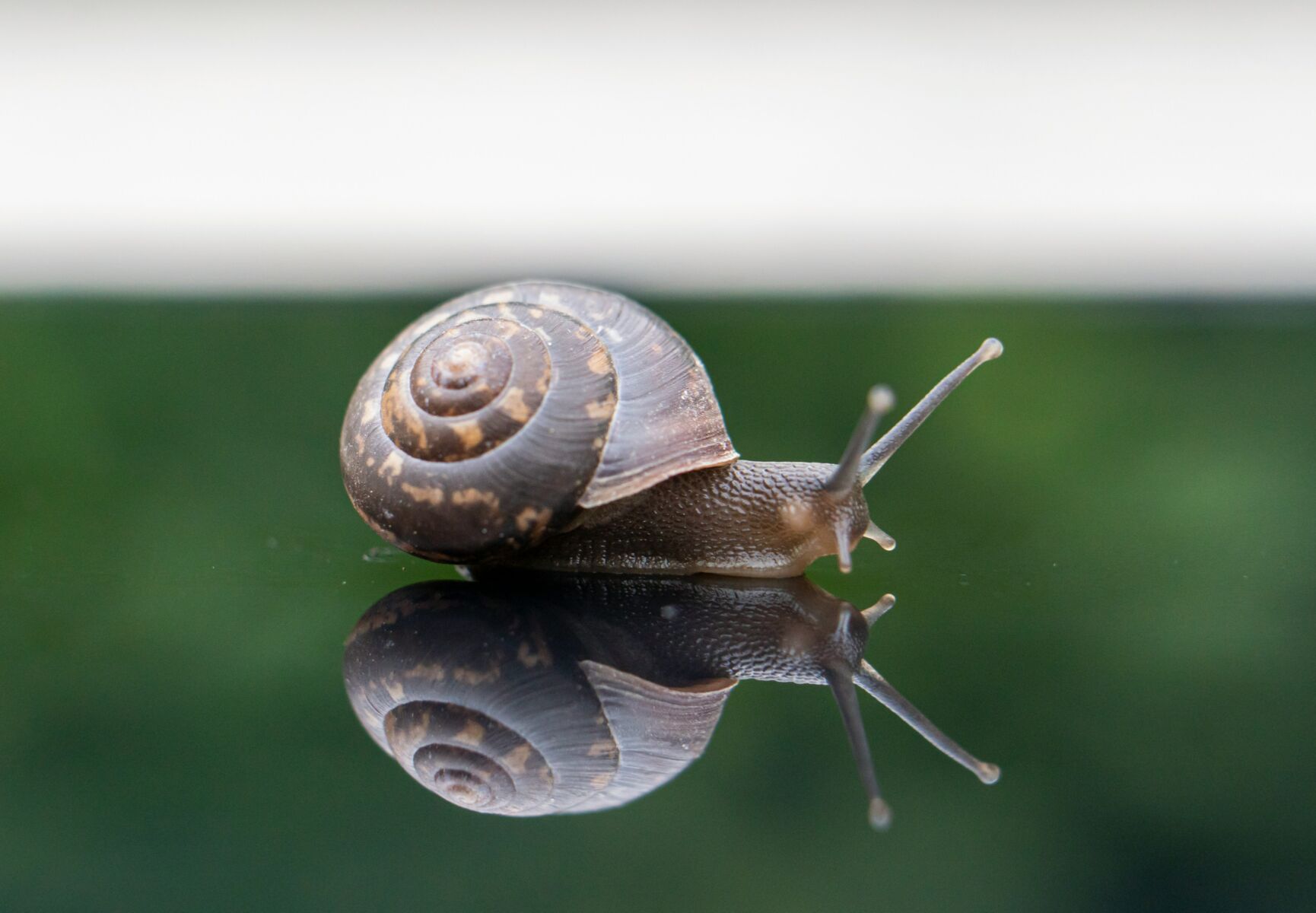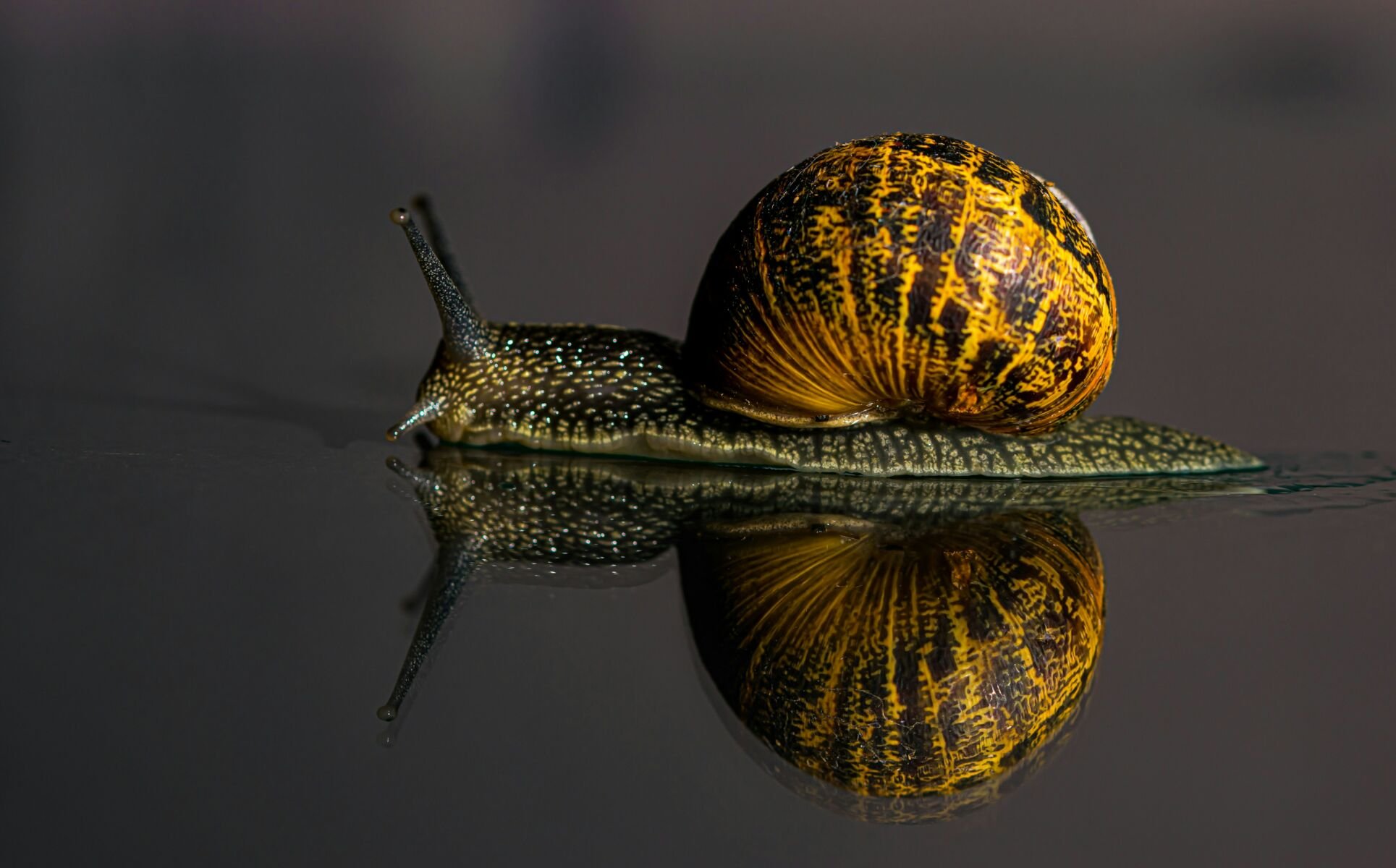Snail mucus: The slimy secret to fighting bacterial infections

In a world where antibiotic resistance is becoming a major health crisis, scientists are constantly on the hunt for new and effective treatments. One promising discovery comes from an unexpected source: snail mucus. Researchers have found that mucus from the garden snail, Cornu aspersum, contains powerful antibacterial properties. This slimy secretion could be a game-changer in the fight against harmful bacteria.
The antibiotic resistance crisis
Antibiotic resistance is a growing problem worldwide. The World Health Organization (WHO) warns that many bacterial strains are becoming resistant to conventional antibiotics, posing a significant threat to public health. This resistance is fueled by the overuse and misuse of antibiotics in medicine and agriculture. As bacteria evolve to withstand these drugs, finding alternative treatments becomes crucial.
Why snail mucus?
Snail mucus has long been known for its healing properties and is often used in skincare for its moisturising and regenerative effects. However, its potential goes far beyond beauty products. The mucus contains a variety of bioactive compounds, including peptides and proteins, that have shown remarkable antibacterial activity.

Research findings
Researchers from the Bulgarian Academy of Sciences and Sofia University have conducted a detailed study on the antibacterial properties of Cornu aspersum mucus. They isolated two main fractions from the mucus: one with molecules smaller than 20 kilodaltons (kDa) and another with molecules larger than 20 kDa. Both fractions exhibited significant antibacterial effects against a range of harmful bacteria.
Small but mighty: The <20 kDa fraction
The fraction containing molecules smaller than 20 kDa was particularly rich in antimicrobial peptides. These small protein fragments can attack bacteria in multiple ways, making it harder for the bacteria to develop resistance. The study identified 16 novel peptides with strong antibacterial potential. These peptides were effective against bacteria such as Bacillus cereus and Propionibacterium acnes, which are known to cause food poisoning and acne, respectively.
Powerful proteins: The >20 kDa fraction
The larger molecules in the >20 kDa fraction also showed impressive antibacterial properties. This fraction contained various proteins and glycoproteins, including aspernin, hemocyanins, and mucins, which play a crucial role in the mucus’s antibacterial activity. These proteins work together to create a potent defence against bacteria, even outperforming some traditional antibiotics like vancomycin at higher concentrations.

How it works
The antibacterial action of snail mucus is believed to come from a combination of direct attacks on bacterial cells and boosting the host’s immune response. The peptides and proteins disrupt the bacterial cell membrane, leading to cell death. Additionally, the mucus components can reduce oxidative stress and enhance the antioxidant capacity of the cells they protect.
A safe and effective alternative
One of the most exciting aspects of this discovery is that snail mucus does not show cytotoxic effects on eukaryotic cells, such as yeast cells used in the study. This means it can kill bacteria without harming human cells, making it a safe and effective alternative to traditional antibiotics. The mucus even promoted the growth of yeast cells, further highlighting its potential benefits.
The future of snail mucus in medicine
While more research is needed to understand and harness the potential of snail mucus fully, these findings are a promising step towards developing new antibacterial treatments. The natural compounds in snail mucus could be used to create new medications that fight resistant bacteria, offering hope in the battle against antibiotic resistance.
The humble garden snail might be key to the next generation of antibacterial treatments. With its powerful mucus, Cornu aspersum provides a natural and effective weapon against harmful bacteria. As scientists continue to explore this fascinating discovery, we may soon see snail mucus playing a crucial role in modern medicine, helping to overcome one of the biggest health challenges of our time.
Latest Thailand News
Follow The Thaiger on Google News:


























